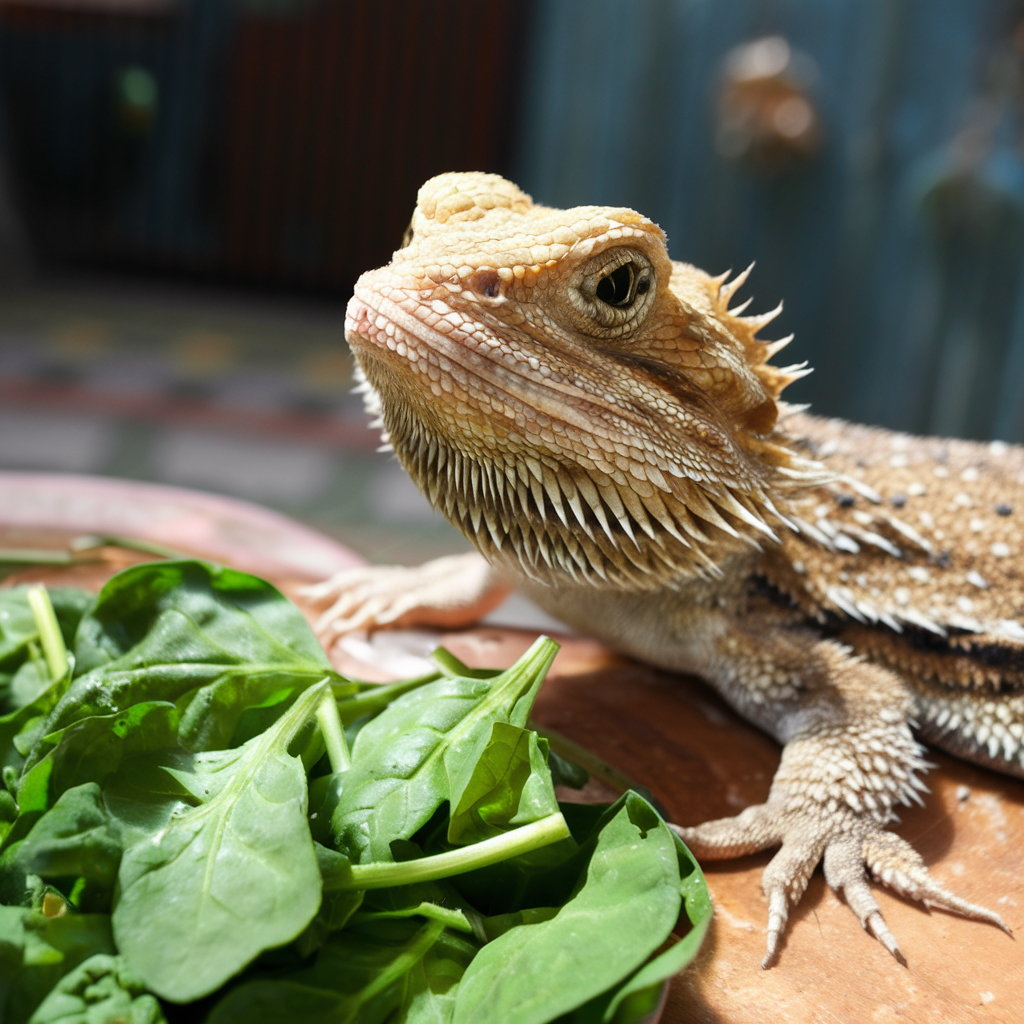
At one point in time, every pet owner has fed human food to it, and on multiple occasions. However, not all human foods are meant for pets, specifically muscadines and grapes. Can dogs eat muscadines? Can dogs eat grapes?
This article will discuss dogs and their owners’ quest for need treatment and the potential risks involved in treating your dog with certain fruits, such as muscadine and grapes.
What is muscadine?
Muscadine (with botanical name, Vitis rotundifolia) is a grapevine species primarily native to the southeastern and south-central parts of the United States.
Farm-grown muscadines at maturity, maybe bronze, dark purple, or black, while the Wild varieties may remain green even at maturity. They are a rich source of polyphenols and are commonly used to make juices, artisan wines, and jellies.

Can dogs eat muscadines or grapes?
When humans consume muscadines or grapes, they offer many nutrients and extended-lasting health benefits. They are packed with so many nutrients like potassium, calcium, vitamin C, and riboflavin.
However, studies have shown that when pets consume some human fruits, they may not have the same beneficial results are humans; they may even have an adverse reaction or be harmful to them.
So, can dogs eat muscadines? Can dogs eat grapes?
The answer is a blunt NO, as muscadines and grapes can cause dogs fatal, life-threatening adverse reactions.
Even a few balls of grapes or muscadines and raisins can be poisonous to dogs, and the type or color is not necessary; they can be black, green, purple, red, or seedless grapes; they are all poisonous to dogs.
Grapes, muscadine, and currants belong to the same grapevine family; they are our favorite healthy snacks, however, they can cause kidney failure in dogs.
Can dogs eat muscadines peeled?
The toxicity issues are similar, and it’s impossible to “Reduce” the toxicity by peeling the grapes or muscadines; The devastating effect will still be the same.
Dogs can be poisoned after ingesting seedless or seeded grape varieties, red or green muscadines, grapes or raisins, organic or non-organic, etc.
Grape toxicity can lead to acute kidney failure, anuria (inadequate urination), and more chronic diseases. The ASPCA’s (American Society for the Prevention of Cruelty to Animals) APCC (Animal Poison Control Center) has conducted numerous experiments and found grapes to be a killer for dogs.
Foods containing muscadines, grapes, raisins, and black currants (e.g., Raisin Bran cereal, trail mix, granola, baked goods) are potential toxicity sources. However, grape jelly, grape juice, and wine do not appear to cause toxicity problems.
Can dogs eat muscadines? – Toxicity dose
Unfortunately, there is no standard toxic dosage for any of these fruits, but there are two principles to keep in mind:
- Dogs are more likely to be poisoned when they ingest large amounts of fruit.
- There seems to be an “individual to dog sensitivity.
Some dogs seem to tolerate small doses of fruit without any consequences, while others may become toxic after eating only a few grapes, muscadines, or raisins. There is no accurate way to predict which dogs may be more sensitive. Therefore, it’s recommended to keep them away from your dogs.
Why are muscadines, raisins, grapes, and black currants toxic?
It is not clear why these fruits are toxic. For years, it has been speculated that the toxicity may be caused by naturally occurring mycotoxins (toxic substances produced by fungi or molds). While some vets argue that salicylate (aspirin-like) drugs in grapes, resulting in reduced blood flow to the kidneys.
Recently, it has been suggested that tartaric acid may be the cause; But, to date, no specific toxic agent has been identified. Since it is not clear why these fruits are toxic, any exposure should be of potential concern and should be greatly discouraged.
Ingestion of grapes and raisins can cause your dog’s system to produce mycotoxins. Mycotoxins are toxic to a dog’s body system. Grape and raisin ingestion in dogs can lead to kidney failure. Grape and raisin ingestion can lead to increased blood urea nitrogen, creatinine, phosphorus, and calcium.
What to do when your dog eats grapes, muscadines, or raisins?
If you think your pet has eaten any of these fruits, contact your veterinarian, the Pet Poison Helpline, or your local districts’ animal poison control service immediately.
Since there are still many unknown factors about this poisoning, it is best not to take any risky chances for your canine’s health. As with any intoxication incidence, the sooner the toxin is diagnosed and treated, the less harmful it will be to your pet and the less expensive it will be for you to treat.
Can dogs eat grapes – Poisoning symptoms
How would you know that your dog ate muscadines or grapes? The most common early symptom of muscadine, grape, or raisin poisoning is vomiting. This usually occurs less than 24 hours after ingestion of the toxin fruits.
Loss of appetite, drowsiness, and possibly diarrhea may also occur within the next 12-24 hours. More severe signs do not appear within 24-48 hours of ingestion – usually, after acute kidney failure has already begun.
Signs of acute renal failure
- nausea
- loss of appetite
- vomiting
- uremic (ammonia-smelling) breathing
- diarrhea
- abdominal pain
- thirst
- excessive urination
As the poisoning progresses, the kidneys will stop functioning, and the dog may not urinate. Following this, the dog’s blood pressure usually increases dramatically.
The dog may fall into an unconscious, near-death state due to a buildup of harmful substances and by-products that the kidneys usually excrete out of the body through urine. Once the kidneys shut down and urine output decreases, the prognosis is poor.
Can dogs eat muscadines – Diagnosis
Unfortunately, the signs of muscadine, grape, or raisin poisoning are non-specific. The early symptoms resemble various things, including a simple poor diet (eating food you shouldn’t eat).
More severe signs are similar to kidney failure from other causes. Your veterinarian will diagnose this poisoning based on a history of eating grapes, raisins, black currants, muscadines, or the presence of grape or raisin fragments in the dog’s vomit or mouth.
Your vet may also recommend diagnostic tests such as a complete blood count (CBC), serum biochemical analysis, and urinalysis to assess the extent of kidney damage. The results of the tests will help determine the likelihood of the dog’s recovery.
How is this poisoning treated?
The goal of the treatment will be focused on halting the absorption of the toxins and minimizing or preventing further damage to the kidneys.
The best treatment is to immediately decontaminate the dog by inducing vomiting and administering activated charcoal. This helps prevent the absorption of toxins from the stomach or intestines.
Since grapes and raisins may remain in the stomach for a long time, it is crucial to induce controlled vomiting immediately after ingestion (it must happen within 4-6 hours ).
After decontamination, additional treatment, including aggressive intravenous fluids, may be required to help support/protect the kidneys in hopes of minimizing damages. Medications to control nausea or vomiting, help maintain blood flow to the kidneys, and control blood pressure may also be used.
How to induce vomiting in dogs – With Hydrogen peroxide
- Take 3% hydrogen peroxide or activated charcoal and mix them in water.
- If you are administering hydrogen peroxide, add 1 ml per pound of dog and offer it to your dog.
- Wait 10-15 minutes if your dog hasn’t thrown up yet. Then re-administer the same solution one more time, or take him to the nearest vet clinic.
With Charcoal
- Mix 2 grams of charcoal with water
- Administer the solution to your dog with an empty needleless syringe or other means.
- Wait 10-15 minutes for the results and take your dog in for a check-up after vomiting.
- Ideally, dogs should be treated with intravenous fluids within 48 hours of ingestion.
Affected pets may need to be hospitalized for several days to weeks, depending on the severity of the toxin ingestion.
During treatment, your vet will monitor the dog’s daily kidney function to assess the response to treatment and determine if treatment needs to become more aggressive. Blood tests may also be repeated 1-2 days after returning home. This is to ensure that kidney function levels have not increased.
What is the prognosis after poisoning?
The prognosis depends on several critical factors, including
- The severity of the ingestion
- Whether the dog has developed renal failure,
- The timing of the start of treatment and whether
- Improvement rate of vital clinical signs and renal function levels
If a dog eats only a few grapes or raisins (depending on the dog’s size) and is treated immediately, then the prognosis is excellent. But unfortunately, If the kidneys are damaged and no urine is produced, the prognosis is poor, and death is possible.
Kidneys have little or no ability to regenerate or repair themselves once they are damaged, and they will not function as they did before the episode. If in doubt, contact your veterinarian or the Pet Poison Helpline immediately for treatment. Your veterinarian will estimate your dog’s prognosis based on symptoms, individual circumstances, and response to treatment.
Can dogs eat muscadines? – Prevention
- Keep all grapes, muscadines, raisins, dried grapes, or foods containing these fruits out of your pet’s reach.
- Do not share any food products that may contain grapes, muscadines, or raisins with your pet dog.
- Do not use grapes as a snack or treat for your dog. While a single grape may not cause problems for most dogs, it is best to avoid this habit and avoid the potential risk of poisoning.
What are other common foods toxic to dogs?
Onions, garlic, alcohol, chocolate, cocoa, macadamia nuts, fattening foods, and foods containing the sugar alcohol sweetener xylitol can also be deadly.
Are other animals at risk?
Grape, muscadine, and raisin poisoning have only been identified as a problem in dogs. Since there are still many unknown factors about this poisoning, it is best to avoid giving your dog or other pet muscadines, grapes, and raisins.
Sources:





